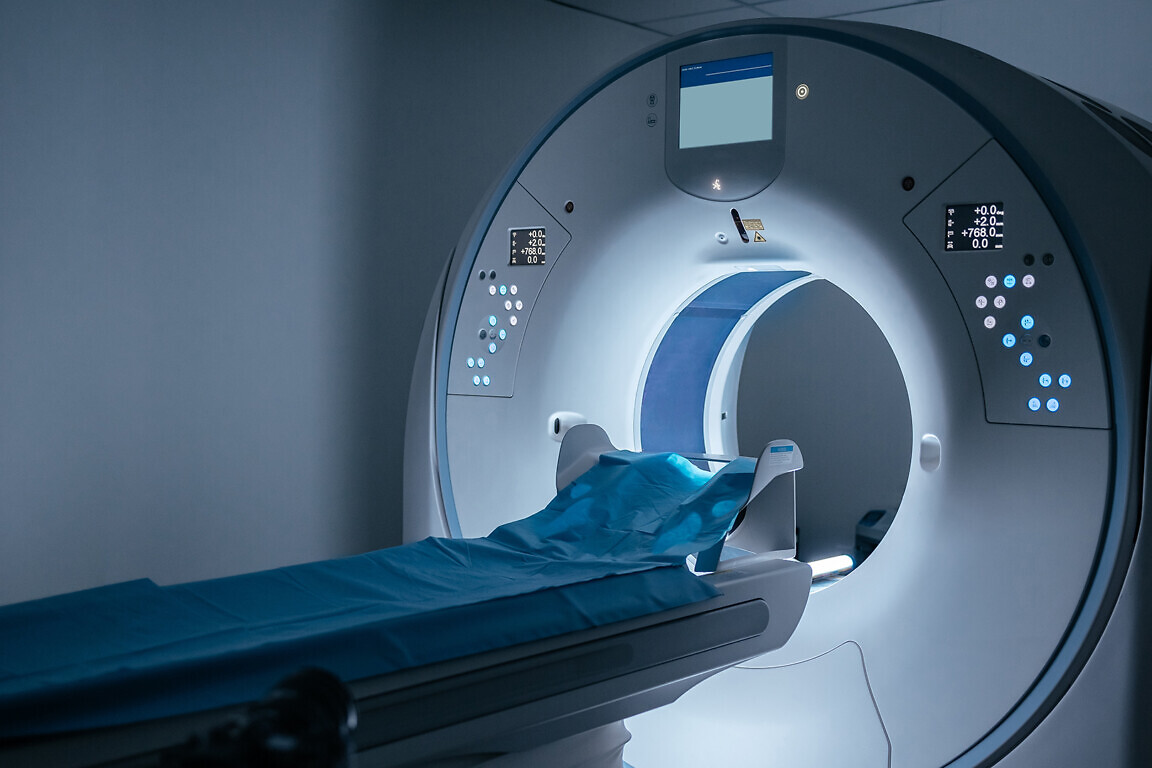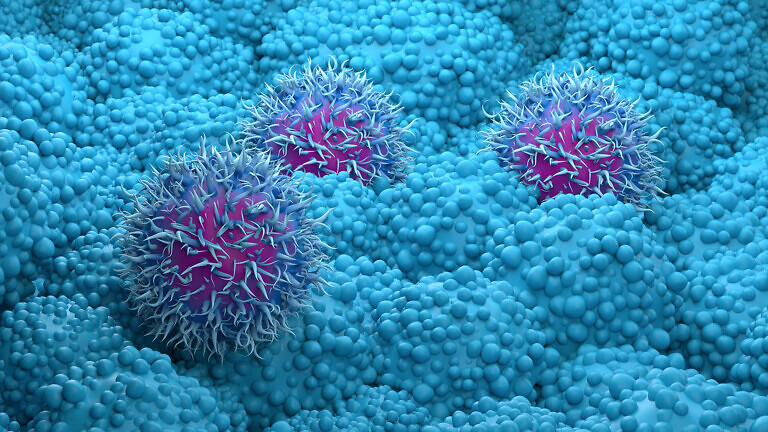A new trial has confirmed that a two-part MRI scan is effective at diagnosing prostate cancer. It is also faster and cheaper.
A new trial, led by UCL, UCLH and the University of Birmingham and funded by the John Black Charitable Foundation and Prostate Cancer UK, has confirmed that a two-part MRI scan is effective at diagnosing prostate cancer. It both cuts scan time to just 15-20 minutes and reduces the need for a doctor to be present.
Abnormalities seen on the MRI scan allow targeted tissue biopsies to be taken that can improve cancer detection.
Despite the clear benefits of the MRI scan, in many healthcare settings around the world, men who need a scan still do not get one. For example, previous research has estimated that 35% of US prostate cancer patients received an MRI in 2022. In England and Wales, only 62% of men who needed a prostate MRI received one in 2019.
“Time, cost and staff availability are all limiting factors in how many scans can be offered, which makes the results of the PRIME trial particularly important. If we can do the scan in up to half the time, with fewer staff and at lower cost, that will make a huge difference in allowing every man who needs a scan to be able to get one in a timely fashion,” said Veeru Kasivisvanathan, lead researcher and chief investigator on the trial from UCL Surgery & Interventional Science and UCLH.
Cost savings
In the study, cancer specialists from 22 hospitals in 12 countries across the world recruited 555 patients aged 59-70 to see whether a streamlined two-part biparametric MRI could detect cancer at the same rate as a full three-part multiparametric MRI, which is currently standard of care in the UK and includes a third stage where a dye is injected into the patient.
All patients underwent the full three-part scan. Radiologists then assessed the two-part scan without the dye, and separately assessed the three-part scan with the dye, for every patient. A prostate biopsy was done when required to confirm whether or not the diagnosis was correct.
Researchers from UCL and UCLH confirmed that the two-part scan was just as effective at diagnosing prostate cancer. In total, 29% of the patients had important prostate cancer diagnosed by the shorter two-part scan, the same percentage as the longer three-part scan.
“Being able to make accurate diagnoses without the contrast stage will reduce scan time, meaning we can offer scans to more men using the same number of scanners and operators,” said Francesco Giganti, a lead radiologist on the trial from UCL Surgery & Interventional Science and UCLH.
As well as making the procedure more efficient in terms of time and personnel, a two-stage MRI would generate significant cost savings per scan. In the NHS, a three-phase MRI scan costs £273 on average. At £145, a two-phase scan is 47% cheaper. In countries like the US, where healthcare costs tend to be much higher, the savings are likely to be even greater.



